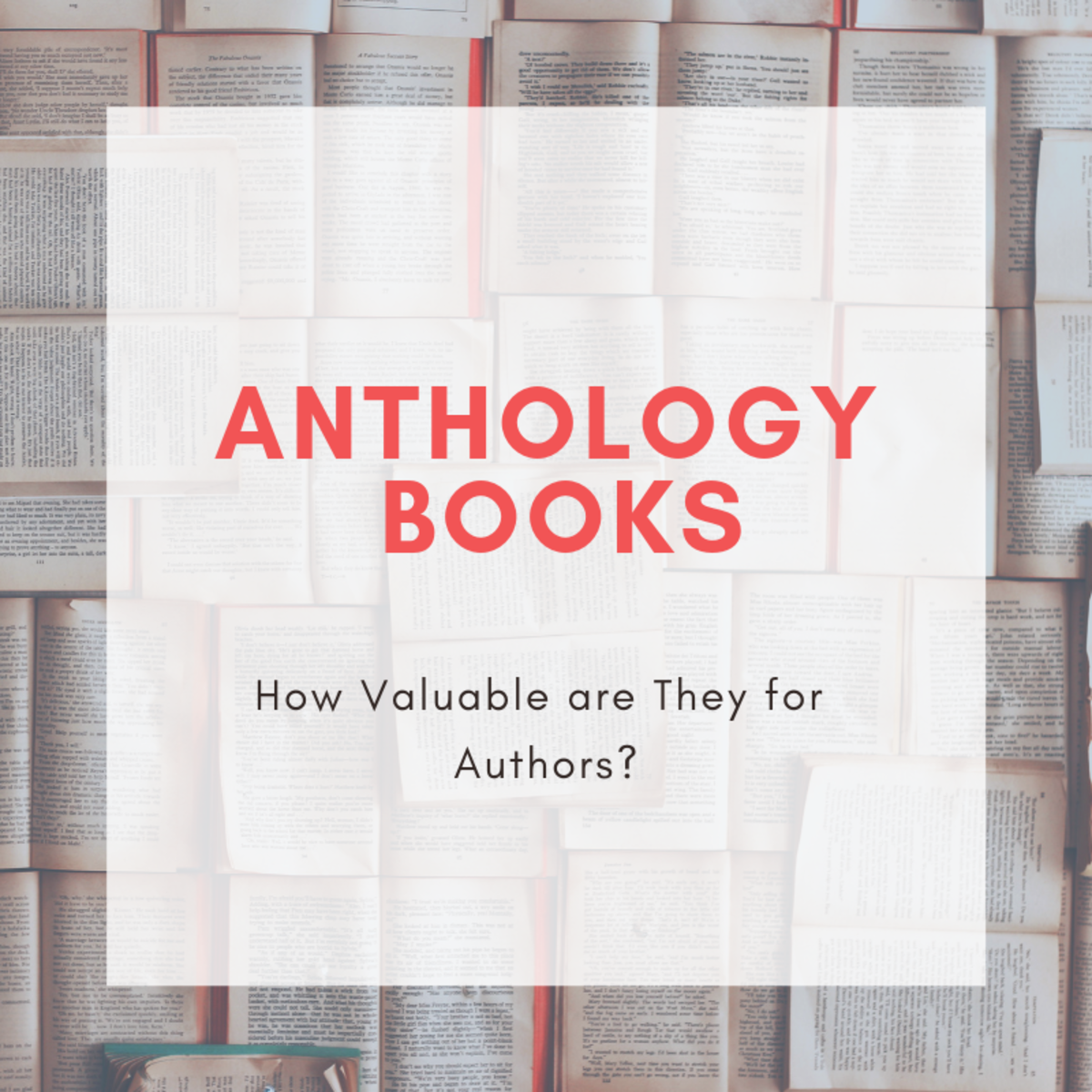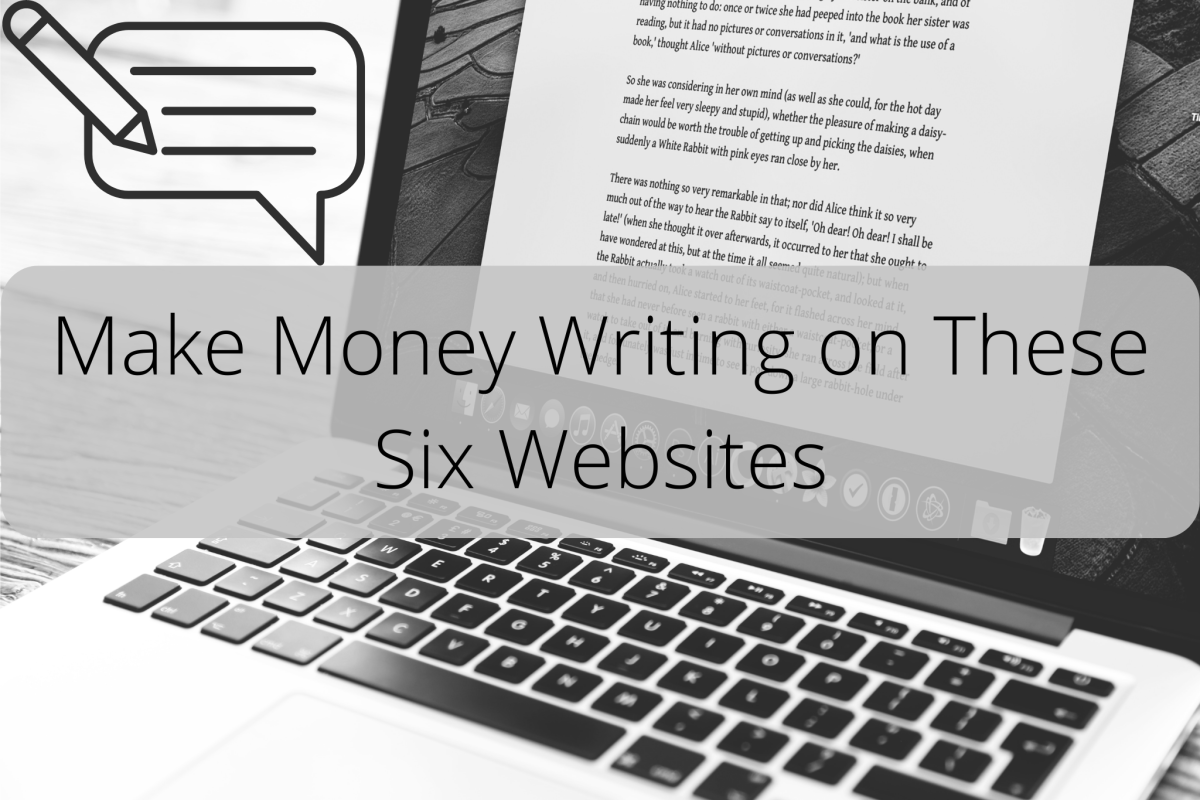Understanding The Short Story Contract
Introduction
Legal contracts of any kind can be frightening. Publication contracts tend to be intimidating, and novice writers are often told not to sign anything without an agent or an IP lawyer. Yet, at the same time, short story contracts seldom result in an amount of money (sometimes none) that would warrant the expense of legal advice. Therefore, it is essential for a writer to learn to navigate these contracts him or herself. This is a simple guide to what some of the language in these contracts means, what the general terms and conditions indicate, and what the implications are.
Determining Rights
What is actually sold with a publication contract is a license to use the material. This is usually referred to as 'rights'. Rights can seem very complicated, but are simpler than they appear.
First of all, the vast majority of publishers expect 'first' rights. That simply means that the story has never been published anywhere else. Note that posting a story on your blog or web site, on a forum or, yes, as a hub, counts as publishing it. Posting it to a password protected critique group does not. Neither does sending it to your friends. Beyond that, however, there are several different kinds of first rights.
First North American Serial Rights used to be the standard for American authors. It is still what is asked for by some print magazines. For those outside the United States, this would translate to their own region, for example 'First United Kingdom Serial Rights'. First North American Anthology Rights is the equivalent for anthologies. From this, you can see that rights are split regionally and by kind of publication. You can still sell Anthology rights if you have sold Serial rights and you can sell Australian rights if you have sold North American. However, not all anthology publishers will accept a story as a new story if the serial rights have been sold. The exception tends to be Best of and reprint anthologies. The other split is between Print and Electronic rights. However, almost all print markets also ask for the electronic rights.
The big change recently has been that very few markets now ask for regional rights. It has become the industry standard to ask for First World Serial or First World Anthology rights, and for the same rates. The reason for this is perfectly understandable. The internet has made it impossible to restrict the movement of intellectual property regionally. Web sites can be accessed from any country, and although geographically restricting access is possible, it is prohibitive for all but the largest companies. Books can often be ordered overseas. While this may seem bad for the writer, it is actually a mixed blessing, in that having material available all over the world attracts readers. This is especially good for writers in smaller markets, such as Australia, or writers in English in countries where other languages dominate. It does, though, limit the ability to sell a story multiple times.
Perpetual Non-Exclusive Electronic Rights. Most e-zines and many print zines may have language that requests the right to archive a story in perpetuity. Most will have some mechanism to allow the writer to remove a story. However, as it is so hard to sell reprints, it is generally best to let them keep the story up. These rights do not affect your ability to sell the story as a reprint except to markets that insist it not be available elsewhere.
Which brings to the point of 'Exclusive' versus 'Non-Exclusive' rights. First rights you have one chance at. Once they are gone, they are gone. Exclusive means that nobody else can sell or use the story. Non-Exclusive means that the publisher does not care if the story is used elsewhere. More on this a little later.
Finally, there is Full Rights . This means the story no longer belongs to you at all. Freelancers are familiar with selling full rights, as most freelance contracts are on a 'work for hire' basis, where the client gets full ownership of the work. However, as a general rule of thumb, you should never sell full rights to a work of fiction, or at least not unless they are paying a large amount of money (the exception to this rule being ghost writing, which is often under work for hire so the client can use their name).
Never sign any rights away without at least an informal contract.
Understanding Exclusivity
If something is 'Exclusive', in the copyright world, that means that one market has the right to be the only publisher to display the work. Almost all short story contracts will contain a 'Period of Exclusivity'. This is usually six months, but some publishers may ask for a year. It starts at the time of publication, not when the contract is signed.
This is a standard clause and should generally not be quibbled. As I already mentioned, it is hard to sell reprints anyway and it is harder to sell ones that have just been published elsewhere.
Options
Sometimes a publisher will request the right to do something else with the story, if they choose, at a later date. This is called an 'option'. The most common option in a contract is the option to include the story in an anthology. I have also seen options that refer to non-exclusive audio rights.
An option is included as a means of saving time later. As an example, one magazine has a standard contract which includes the option to include the story in an anthology at 5% of the original rate. The option may also specify an amount, a flat rate, or offer no additional payment at all. This means that when the publisher selects stories for a 'Best of' anthology or a themed anthology from a periodical, they do not have to send out and sign another contract. An option in no way obligates the publisher to do anything and no reputable publisher would request an option that contains exclusivity or otherwise interferes with reprint rights. In general, then, options should also not be quibbled with.
Rates and Payment
The contract will specify the payment (if any) that is to be received. This may also include contributors' copies. The payment rate should be the same as released with the submission guidelines. If they try to lowball you, then you should definitely fight that, especially if it drops below what you consider a reasonable rate.
Payments are generally sent out in one of four ways:
1. On acceptance - this means the payment is normally included with the countersigned contract, although it may be sent separately.
2. On publication - meaning you don't get paid until the book or issue is released. Some publishers that pay on publication will include the check with the contributors' copy.
3. On completion of edits - very rare in the short story world. This means the publisher pays you when they are happy with the final version of the document.
4. As an advance - also very rare, but I have seen it. This means part of the money is paid on acceptance and the second part either on publication or on completion of editors. This is common in novel contracts but, again, very rare with short stories.
The contract may also specify the method of payment to be used and who is responsible for any bank payments that might be associated with it. (One thing to beware of is that some publishers will use extremely expensive international wire services to send money; and then make you liable for the fees). Most publishers pay either by a physical check or by using a money transfer service, of which PayPal is the most popular. It is essential for a writer to have a PayPal account. The contract may also specify that alternative means of payment can be discussed, or if they have already been discussed include them. 'Alternative means of payment' might include advertising of your book, or other books by the publisher, as examples of the kind of deals that are sometimes made. Some publishers will also donate payments to a charity on request.
Escape Clauses
So...how do you get out of a contract? The answer usually lies in the contract itself. There are bad scenarios that can happen.
For example, a writer might agree to edits and then find out that what the editor wants wrecks the story or violates their principles. Or they might simply discover they hate the editor.
Or, the publisher might go bankrupt between accepting the story and publishing it. The worst thing that ever happened to me was the publisher who went bankrupt...between publishing the issue and paying me. With a one year exclusivity period. Sadly, writers tend to be at the bottom of creditor lists. It is worth, especially if you are getting on well with the publisher, asking for an escape clause that automatically returns your rights under certain situations, or for the ability to withdraw from the contract if you are not happy.
In theory, the contract obligates the publisher to actually publish the story and, if they do not, they should give you your rights back. In practice, this does not always happen, and there is always a little bit of risk. It is, though, often unavoidable risk if you are to get your story published.
Conclusions
Most people can work out how to navigate a short story contract easily. IP lawyers are not needed (although I would not recommend signing a novel contract without one, as the value of the property and the stakes are much higher). And while the language can seem intimidating, it's not as bad as all that. Please feel free to comment with any questions.









